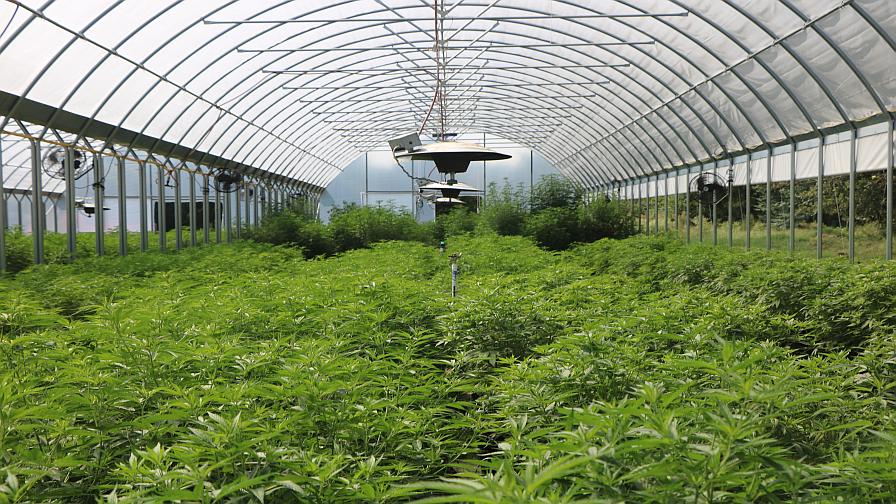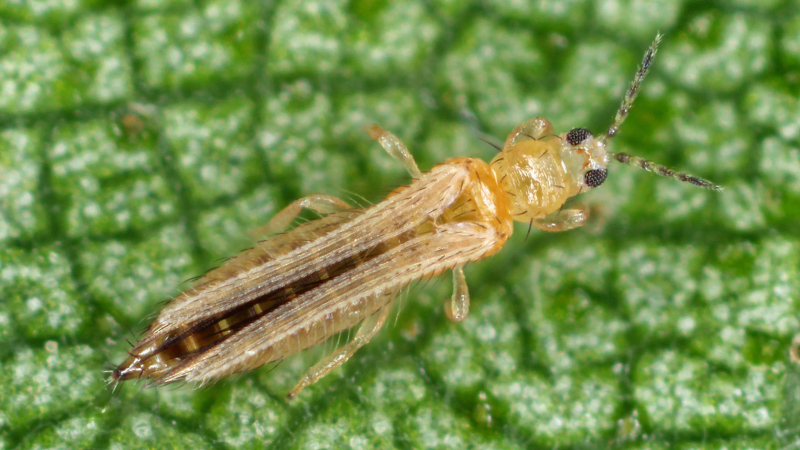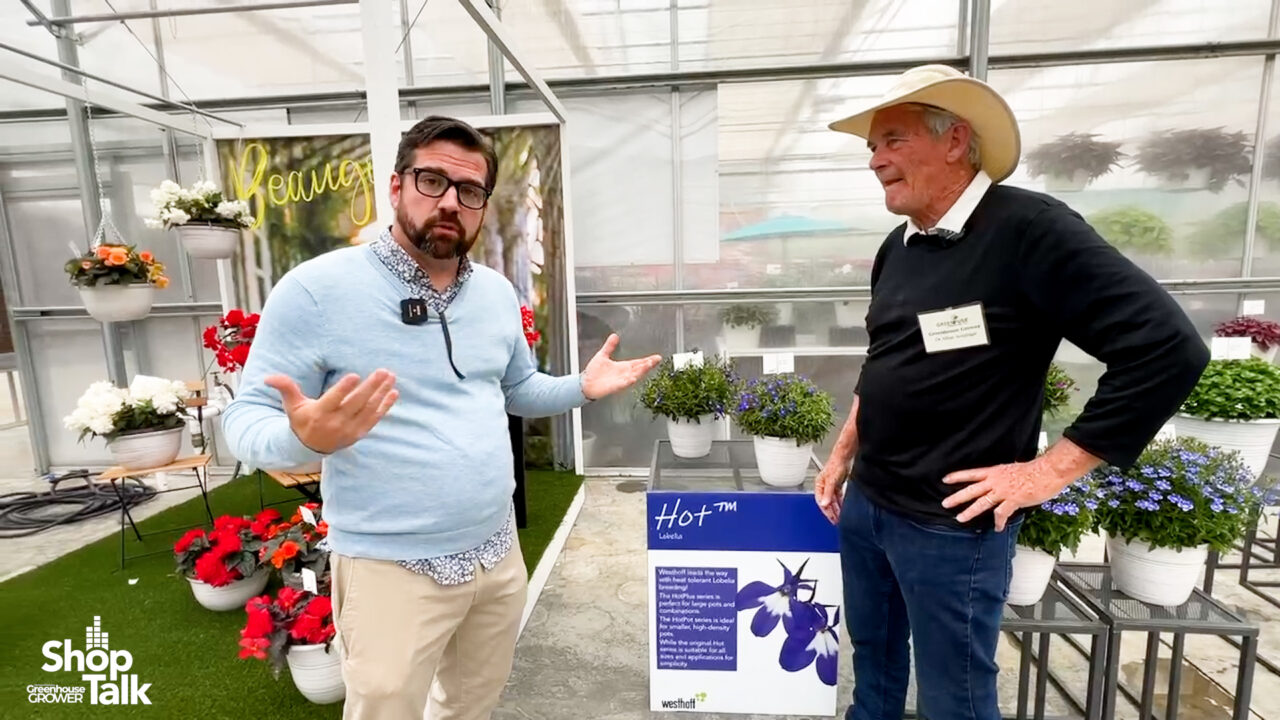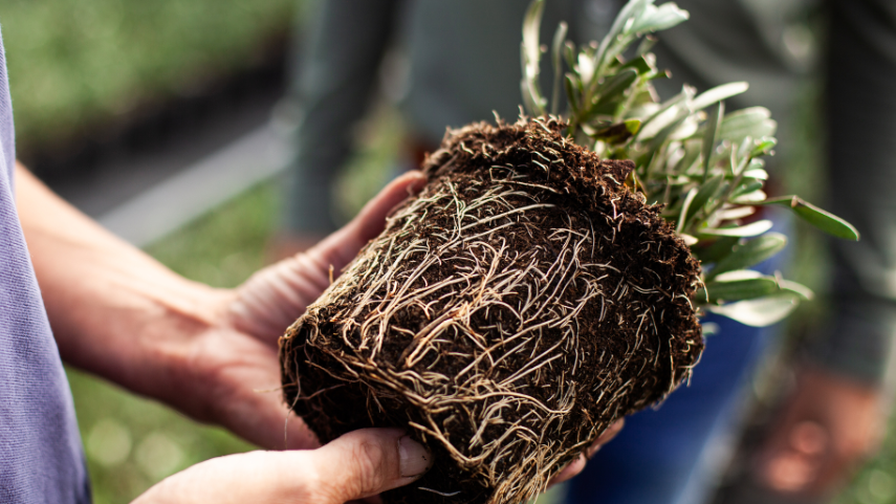How Picas Is Focused on Helping Growers Address Business Management Challenges
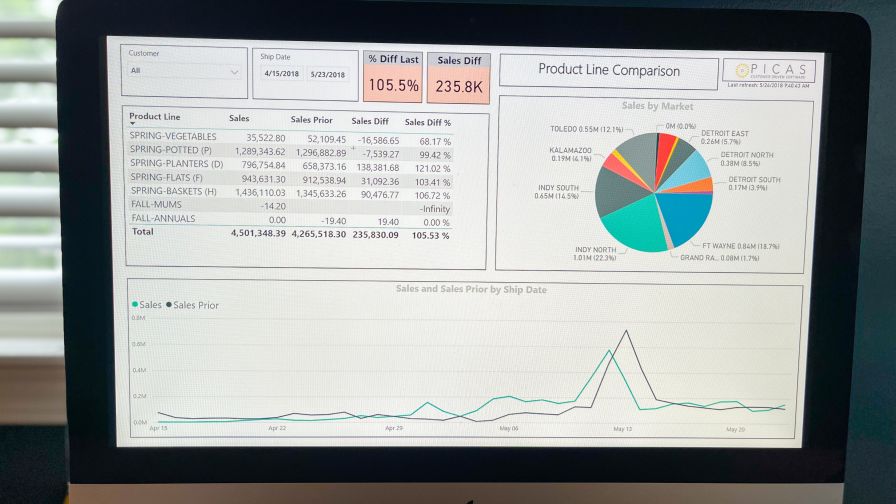
The Picas Group Business Intelligence Platform
Innovative Software Solutions may not be a familiar name to growers in the controlled-environment industry, but Picas certainly is. This is precisely why the company decided to change its official name to the Picas Group this past year.
Greenhouse Grower Senior Editor Brian Sparks caught up with two members of The Picas Group team – Andrew Stallmer, Brand Developer, and Ben Dill, Software Implementation Specialist – to learn more about the company’s rebranding efforts, the importance of using data to make informed decisions, and some of The Picas Group’s offerings.
Brian Sparks: Can you talk about the main reasons behind the company rebranding?
Andrew Stallmer: Picas is a known brand, but our previous company name was Innovative Software Solutions. So at its core, the name change eliminated a little bit of confusion. But more importantly, we changed our name because we wanted to give ourselves the opportunity to reach a larger audience within the horticulture industry, not just growers who are running our software but with any grower. Renaming ourselves to The Picas Group allowed us to take advantage of a brand that had already built a reputation in the industry and position us in a way that can be more conducive to growth. Our vision is to be essential to growers in this industry by providing excellent software, coupled with excellent service, and the name change allows us to more effectively serve that vision.
The reason we chose the word “group” for our company name is we wanted to focus on the group aspect within our company and in the industry. We want everybody who works with The Picas Group to feel like they’re part of our group/community. Growers have similar needs and interests, and this promotes collaboration with one another in a group/team environment.
Sparks: What are the services you currently provide?
Stallmer: There are three main services we can talk about: Picas BI (Business Intelligence), our IT service, and website design. We felt like through the COVID-19 pandemic, we had to pivot in certain areas and start being creative with what we were offering to customers. Their needs were shifting, and they were looking to become as lean and efficient as possible. We felt like we had a lot of different skill sets as a company that we wanted to take advantage of, which is why we launched these services. The website design was something we already offered, and the more I was working in this space, the more I realized the effect that a powerful website can have. The horticulture industry doesn’t have a lot of robust websites, and it felt like a service that a lot of growers could benefit from. The objective is to allow growers to utilize a website that can help them in building out their brand, showcasing product, and, if possible, be an e-commerce solution.
Information Technology (IT) is something that we had been offering on an “ask us” basis, and now we’re offering it to anybody in the industry. It includes network setup and management, security, employee training, and more. Growers can be easy targets for people who have malicious intent, and most of the time are not prepared to take on a hack or a breach of security. It’s important for growers to have steps in place to protect themselves, and that is the goal of our IT service.
Business intelligence is also something that we continue to build out. We are actively building our own team of business intelligence experts, so we can in turn better assist the growers we work with. When I talk to these growers, a lot of people collect data as a safety net or to cover their bases, but they’re not actually making decisions based off that data. Frankly, reading an Excel spreadsheet is boring and hard, and can come across as just something else on your to-do list. Business Intelligence is a series of graphs and dashboards, that help you make proactive versus reactive decisions for your operation.
Sparks: You mentioned e-commerce. Over the past couple of years, there’s been a bigger push for it. How important is inventory control to e-commerce?
Stallmer: Over the course of the pandemic, one of the things that we were able to do is create a Shopify or an integration with Shopify and allow our customers to build their own site that they can sell on, but that also speaks to the Picas system. When they sell something on their website, it’s also been updated in Picas, so there’s not confusion over how many units were actually sold.
Dill: The critical thing you mentioned for e-commerce is keeping up with inventory control. Our e-commerce integration started as a broker integration, and that has expanded to integrations with box stores and chain stores, and now e-commerce sites. It’s really all the same kind of functions or mechanics, just applied to a different scenario where now it’s a consumer on a website, instead of a team of brokers selling your product. We understand the need for maintaining accurate inventory, which is why we have made it a priority to have these integrated solutions.
Sparks: Let’s go back to your point about data. There’s data collection, and there’s knowing what to do with it. Can you talk about the value of making actionable decisions based on the data you’re collecting?
Dill: Collecting data is critical, and if you’re not collecting data, you need to start there and have some data to work with. Then we can talk about analyzing it, putting it into a dashboard, and finding ways to take action from that data. One phrase I’ve heard a few times before is, what gets measured gets improved. Once you have a measurement of something and are collecting data, you can now use that to improve something. At The Picas Group, we’re trying to help growers identify those pain points, track information from them, and use that information to make decisions on anything from sales to supply chain. There are all kinds of things that people measure, and every year it seems like there’s some new feature or functionality we can add to Picas to give growers a new way to look at data and make better decisions.
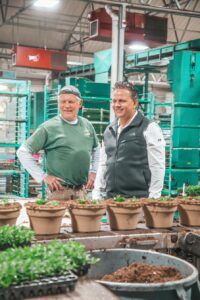 Sparks: What are some of the most pressing concerns growers are facing today?
Sparks: What are some of the most pressing concerns growers are facing today?
Dill: It’s definitely labor and the supply chain, and how to manage them. For the supply chain, it’s more important than ever to know what you need, when you need it, where’s it coming from, and how much it will cost. With labor, you need to know how many people resources you need, when do you need them, and what they are supposed to be doing.
Taking it a step further, in this industry we often think of labor as manual labor for planting and filling trays, caring for plants, pulling product and so on. There’s been a big push for automation, and there’s some amazing technology out there. The next tier of that is automating your higher-level positions: your management and your decision makers. How can we make life easier for these people? If you know the tasks they’re doing, you can leverage software to make their lives easier and take something they spend two or three hours number crunching or processing through, and generate a report to give whatever information they need. I’m excited to see where we go with that and what comes from that, because in this labor market, it seems like positions at every level are competitive, and companies are struggling to retain people at every level. Along with the gains that we’ve made on the manual labor side, where are there gains to be made on the next higher-level tier of people? I think we have the right team in place to be able to take a serious look at that.
Stallmer: I think it’s also interesting because everybody kind of assumes that when you’re discussing efficiencies, you naturally default to manual labor. But the reality is that if you’re in a higher-level position, you may have X number of tasks to do in a day, and if you feel like you don’t have the resources to get those tasks done, they’re just being pushed to the back burner and you’re getting them done when you can. Systems like Picas and other services we offer can help you pick up those tasks that were on the back burner. For those times when you feel like you don’t have the resources to get things done, a lot of the time you probably do have the resources, they’re just not being allocated the right way. If you take advantage of Picas or other software tools, you can take on some of those other tasks that you felt like you previously didn’t have the resources to handle yourself.
Dill: Speaking from my own previous experience working for a grower (Wagner Greenhouses) and managing people, the right technology can help you plan and organize well in advance and free you up to do what you do best, and most enjoy doing, growing plants. There are amazing people in this industry who have built amazing businesses, but I think at the heart of this industry is a love of plants, and we just want to offer an opportunity for growers to get back to doing what they love.





